“The story of the 'Grapes of Wrath'- the story of that tragic dislocation which is driving hundreds of thousands of impoverished Americans off the land, onto the highways, into the already flooded market of migrant laborers is also the subject of “An American Exodus.”
— Paul Strand
<If you have opened this in email, click "View entire message" to see all the images>
She's the sea I'm sinkin' in
He's the ink under my skin
Sometimes I can't tell where I am
Where I leave off and he begins
- Birds of a Feather | The Civil Wars
Birds of a feather, do we stick together?
Stretching six miles along the sandy coastal beaches and hills of the great Pacific Ocean, Pacifica, meaning “Peaceful,” is an enclave sitting between San Francisco and Half Moon Bay, originally settled thousands of years ago by the Ohlone and other Native American tribes.
“The arrival of the Spanish in California heralded the beginning of a decline in the Indian population. Great numbers died from European diseases (to which they had no natural immunity) and as a result of neglect and mistreatment by subsequent migrants to California. By 1880 the Indian population had been reduced to 20,000 from the 133,000 to 275,000 who were living throughout the state when the Spanish period began.” - Pacifica Historical Society
I got to thinking, on our recent and third trip to this magical enclave, with far more weed dispensaries than places to eat (counted six, minus the “cash/Venmo only” delivery services), why is there a fuss in Pacifica?
Just before we left I read about a recent uproar concerning short term rentals and vacation homes. Seems city council meetings have been a bluster of great division.
Upon our first walk through the small Pacifica neighborhood, there were “signs.” And I don’t mean “the exploration of faith, kinship and extraterrestrials,” like the movie. Or maybe I do… in the “anti” sense?
Just the facts ma’am. Out of 14,371 housing units, 68.3% of homes in Pacifica are owner-occupied housing units, 31.7% are occupied by renters, and there are five “Affordable Housing” complexes (142 Section 8 apartments and 213 approved low-income housing units), plus 150 “short-term rentals (what I see as a fair permit cap by the city council of Pacifica). I wrote about another gorgeous beach enclave, also founded by Native Americans, called Roads End, in Oregon. Not only has it become unaffordable to stay there, in 2021 the STR’s (short term rentals) spiked to 61.3%. Less than 40% are permanent residences. Yikes. A whole other interesting story of political blackmail. Read here for yourself about the magical place my parents lived in for several years.
“Airbnb said permanent listings make up less than 1% of Pacifica’s housing stock. The company further said vacant second homes account for three times as much housing in Pacifica as short-term rentals.” - 9/6/24 San Francisco Standard To read more click here
PACIFICA HOMES ARE NOT HOTELS !!!!!!!
And here’s the other side of the coin. Note, the sign above, in front of this particularly well manicured home, was on a busy corner, directly across from the main trailhead and Sharp Beach Park. For more click here. Apparently Pacifica Tourism understands the benefits of old fashioned tourism. In fact if it weren’t for people traveling, taking holidays, visiting with family and friends, making job moves, etc., there would be no tourism, which does indeed put revenue into local economies. Most of us adhere strongly to the Airbnb/Vrbo rules, especially with “reviews” on the platform.
I might mention that we were there to visit with our youngest son, Ian. He works with the drug addicted and mentally impaired in a private, subsidized home in San Francisco. With an extremely challenging job, he works hard and plays harder climbing big rocks in his spare time. I hope to have Ian on my podcast at some point. He’s in the thick of some interesting topics.
Spending time fighting over who stays or lives temporarily in a town that was first settled by Native American Tribes is utter hypocrisy when you realize how many people have come and gone from just one city. If only homes could speak. Or when you see the amount of homeless lined up in battered trailers “on highways” and beaches. There are much bigger heart issues. The city is trying to maintain fair housing and tourism by the looks of it. I’m certain there are other lopsided city issues to discuss and reasons for why people do what they do in a tough economy. From holding onto hard earned dreams or just mere survival. There are 20 things to every thing and a domino effect that goes deep. Never ending bureaucracy comes to mind.
“One of Allen Ginsberg’s T-shirts said, “Well, while I’m here, I’ll do the work. And what’s the work? To ease the pain of living. Everything else, drunken dumbshow.”
― Philip Glass, Words Without Music: A Memoir
I’m gonna say this is all a drunken dumbshow like so much of life. Can you imagine Jesus walking around Pacifica reading these signs? The longer I live the more I am aware we just gotta do the work. His work.
Work hard, dream, create, travel, own, rent, live in moderation, be kind and generous, don’t take advantage of people, stay humble, seek gratitude, and most of all, “hey disgruntled citizens of Pacifica,” look up from your sad faces, and give someone a smile. You might get a smile back. I didn’t get many, but for the smiles I did get, and the kindness from the kids in the local bagel shop, that fell in love with our dogs, I’ll never forget them…
nor the way the fog opened the day, cypress silhouetted the sky, clouds scattered into a modern painting, waves crashed down like thunder, light became sweet, air was perfection and dogs chased balls in the sand alongside birdsong.
In 1918, Dorothea Lange left New York with a female friend, intending to travel the world, but her plans were thwarted upon being robbed. She settled in San Francisco where she found work as a “finisher” in a photographic supply shop. By the onset of the Great Depression, Lange turned her lens from the studio to the street. A robbery changed the course of history. She didn’t curl up and wait on the system. She did the work of her heart and, in turn, the system hired her to show human suffering.
The iconic Dorothea Lange, who I studied in school, was photographing a little Pacifica fishing village in 1938 for the Farm Security Administration (FSA). The motto of the FSA was simply, as Beaumont Newhall insists, "not to inform us, but to move us." Heart work. This was the beginning of documentary style in photography.
We see with our own eyes the suffering of so many in our country and the world through images. We are moved to help and pray. Never stop praying.
Not much is new about why we migrate. Or the way we count the days as happy or sad.
The exodus around the world, the American exodus,
till ashes, ashes, we fade away…
Thank you so much to my new subscribers! I really appreciate your interest :)
One of my favorite writers on Substack said that “the comments section is a place where some of the most important conversations go on and relationships are forged.” It’s so true. Receiving a comment is a real treasure. I would truly love to hear from you. ox
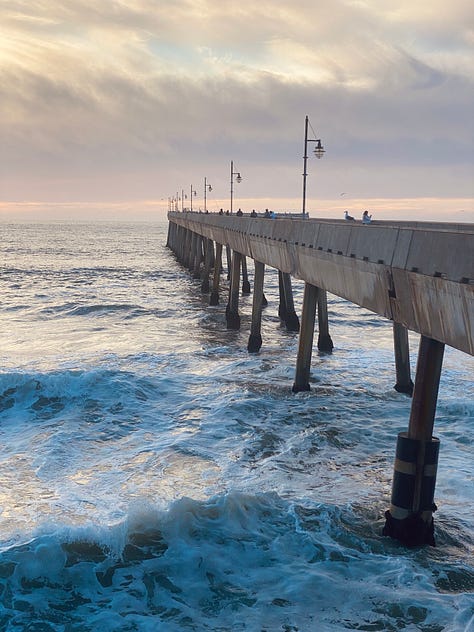
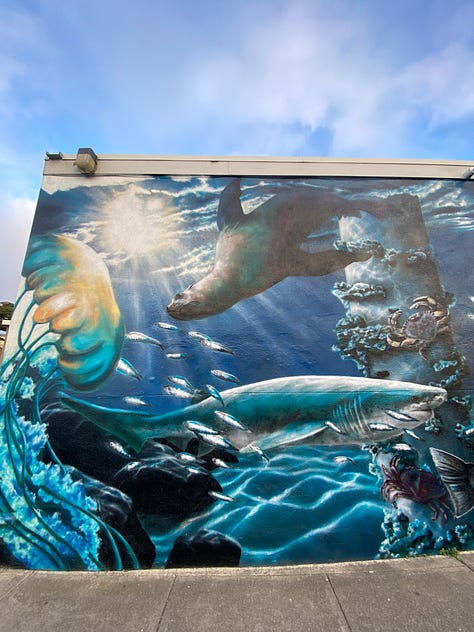
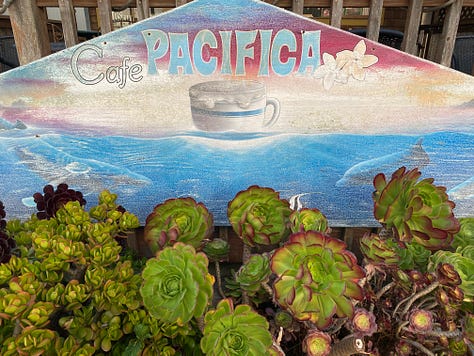
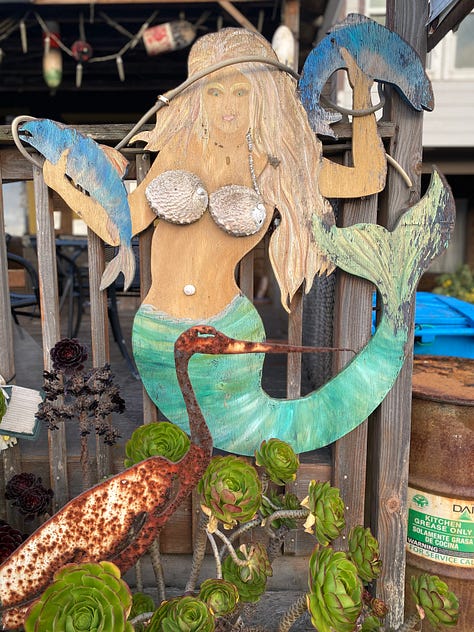
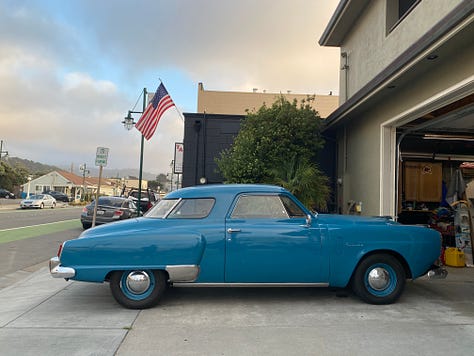
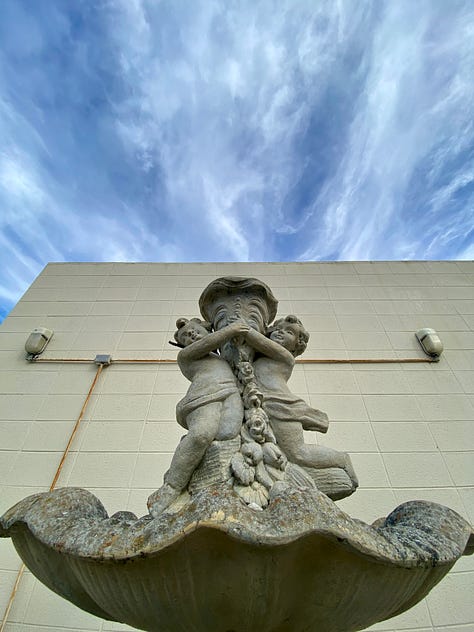
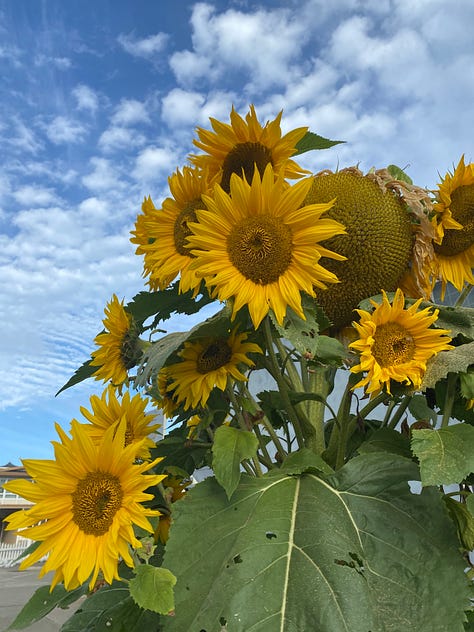
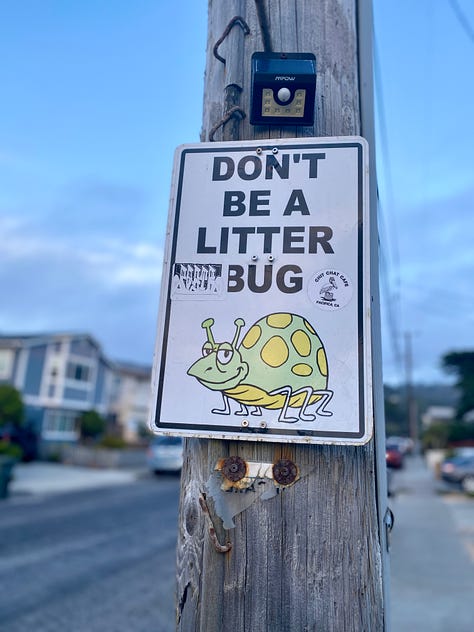
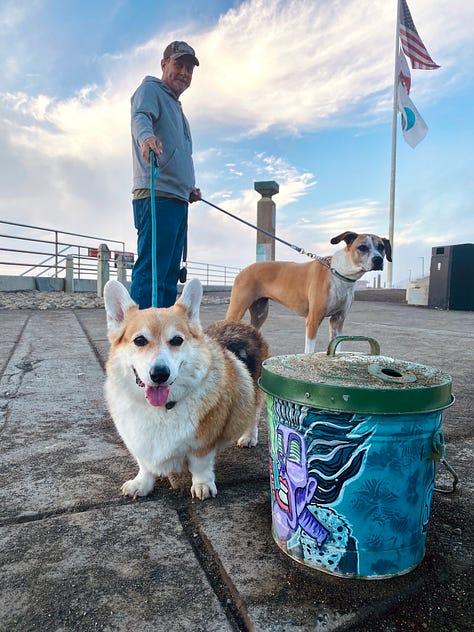
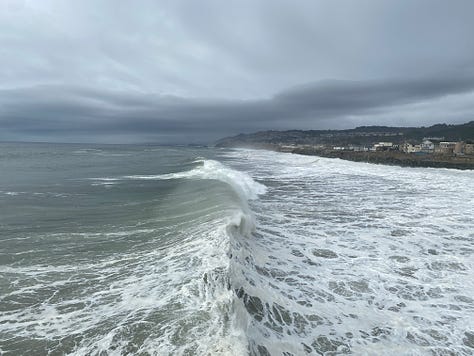
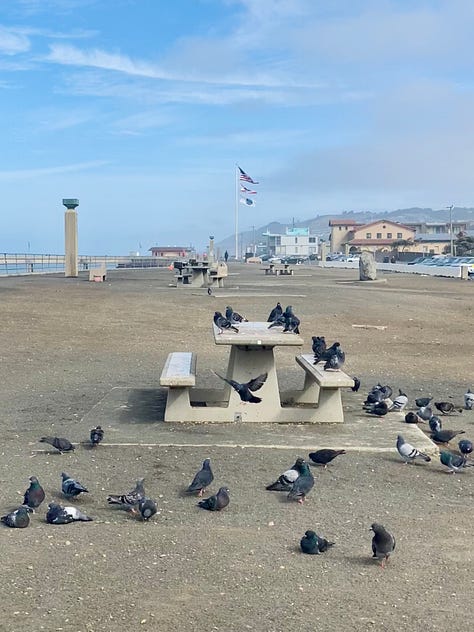
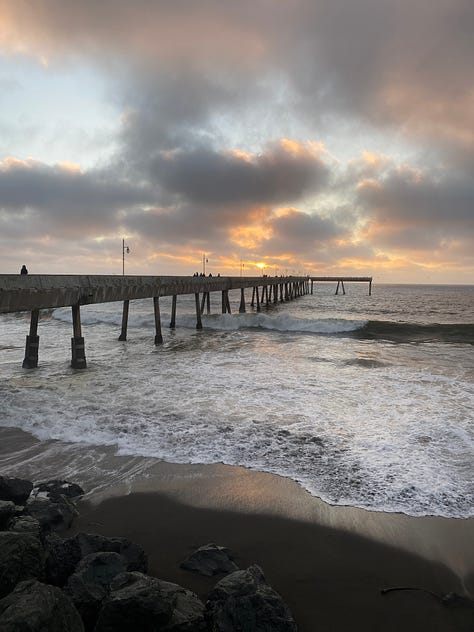
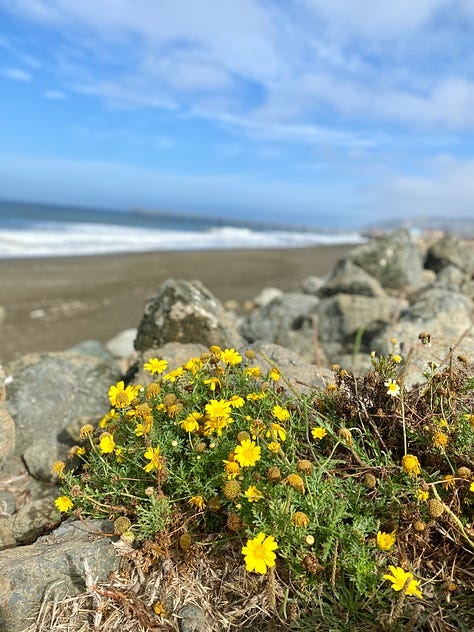
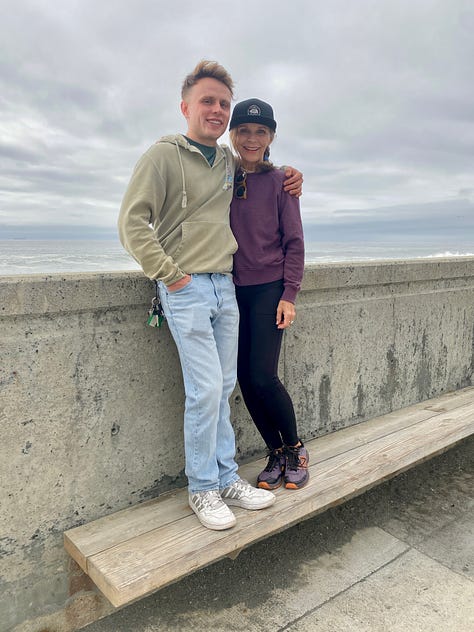
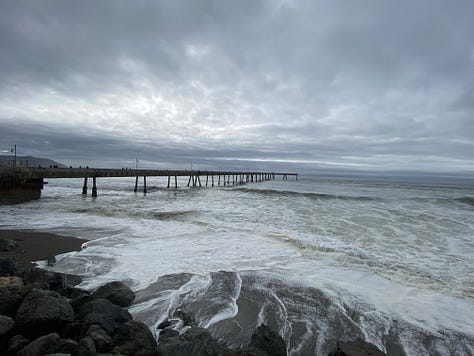
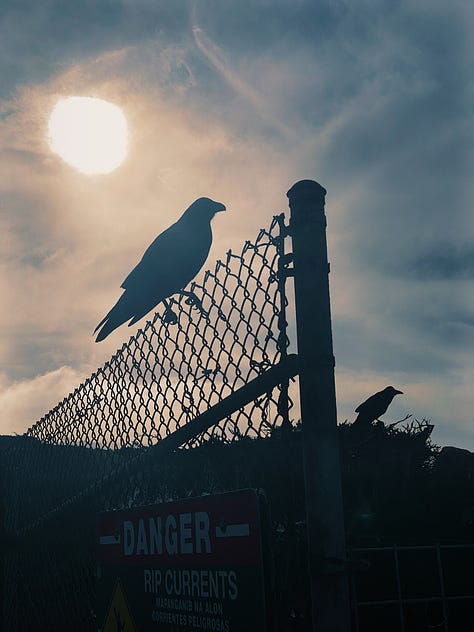
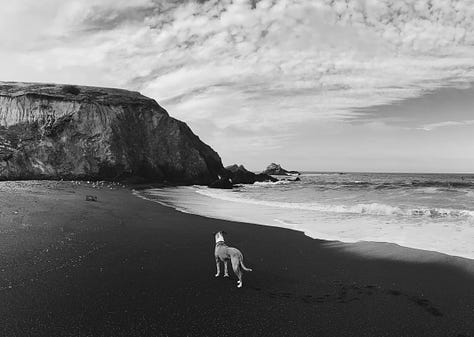
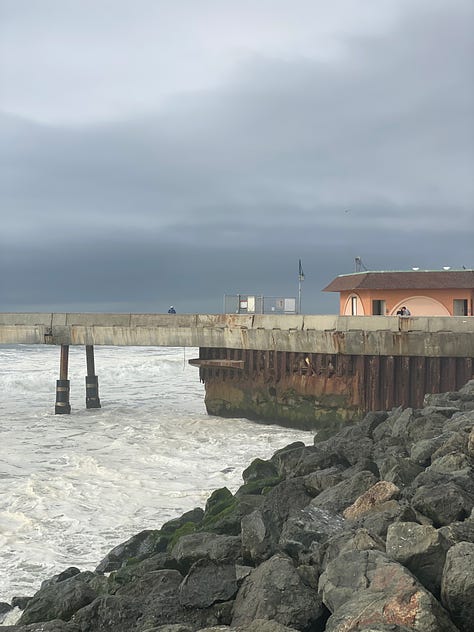
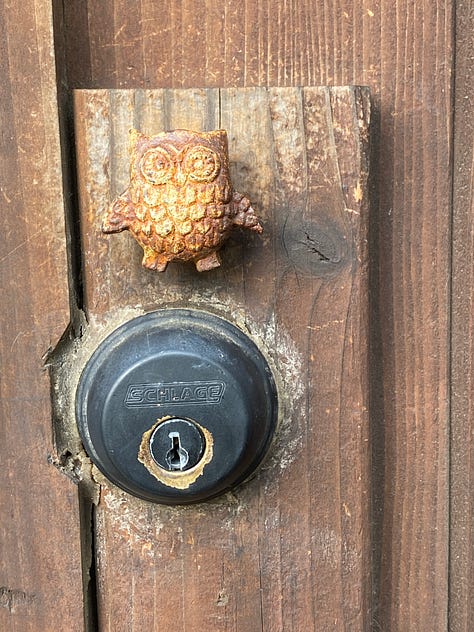
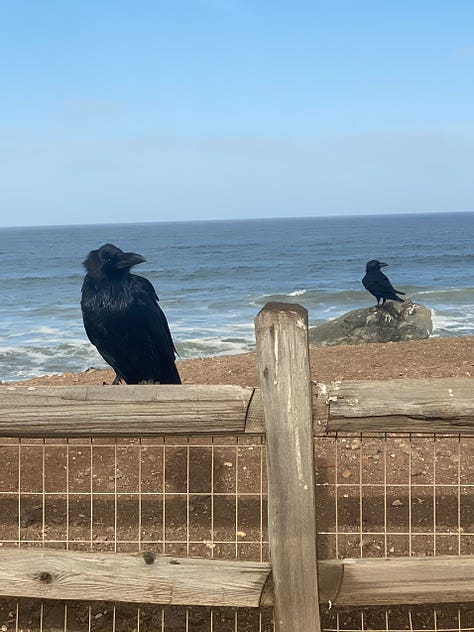
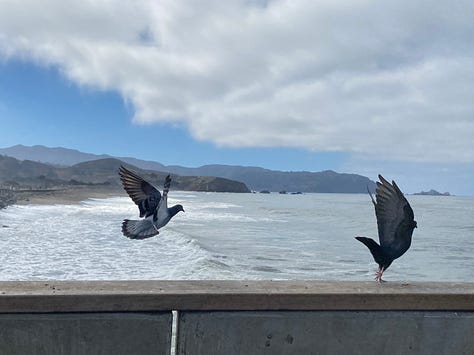
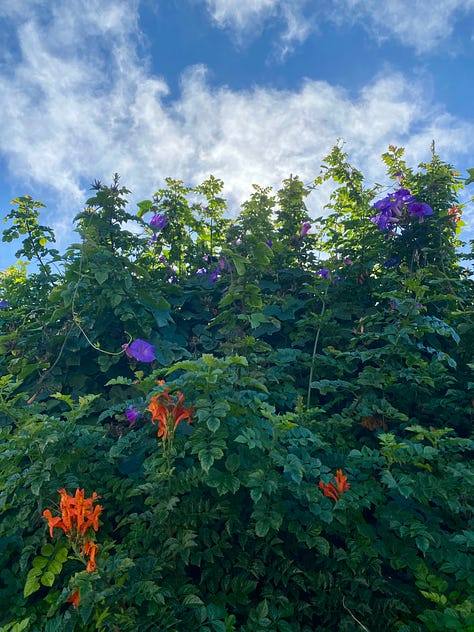
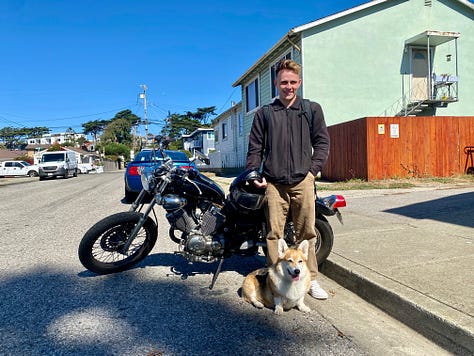
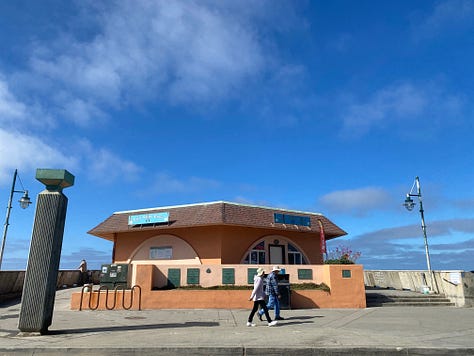
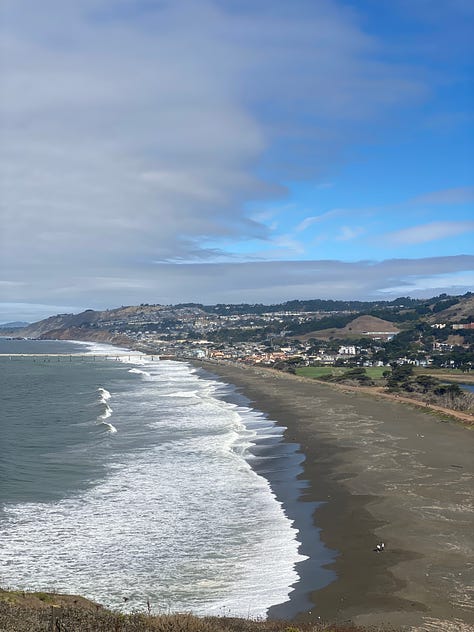
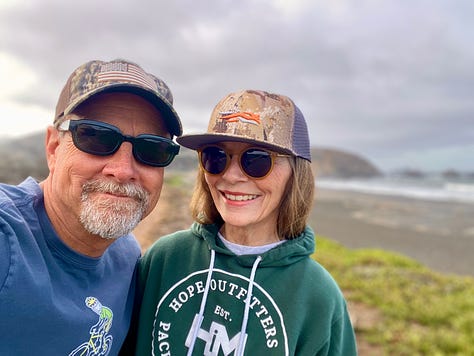
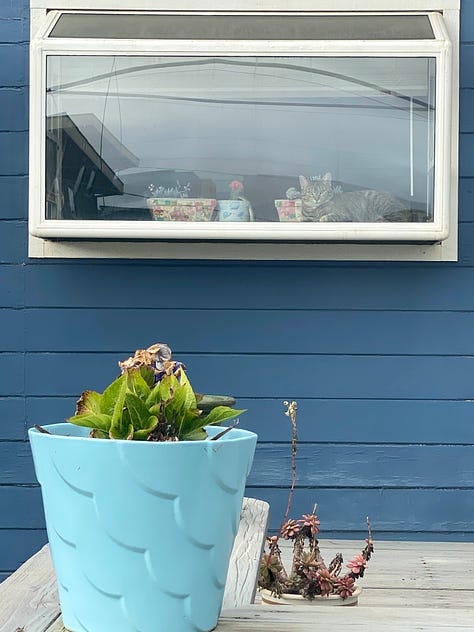
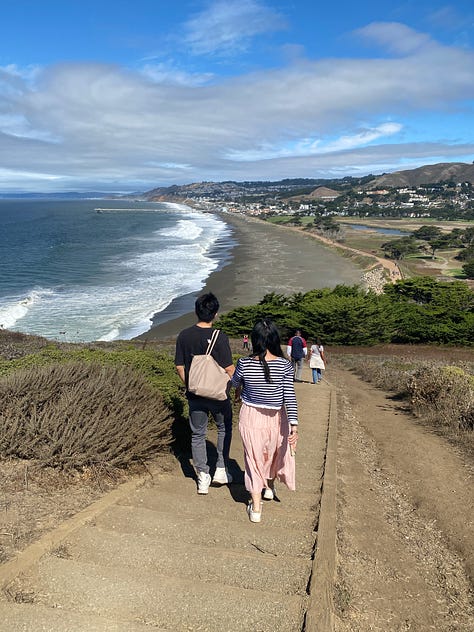
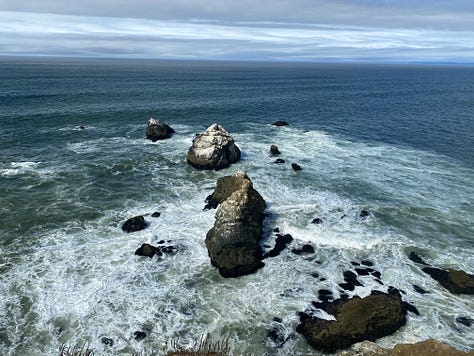
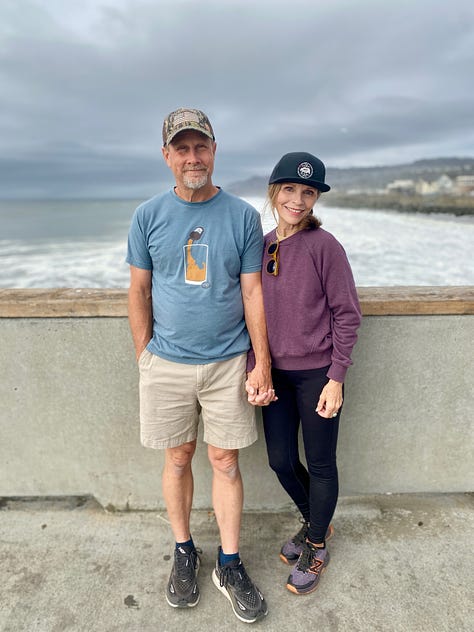
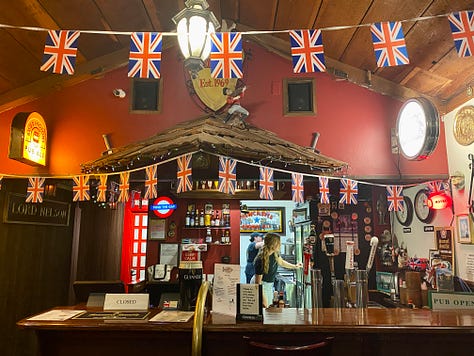
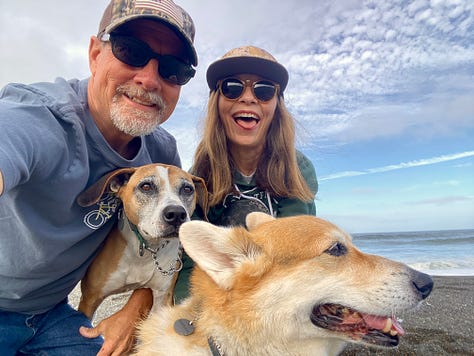
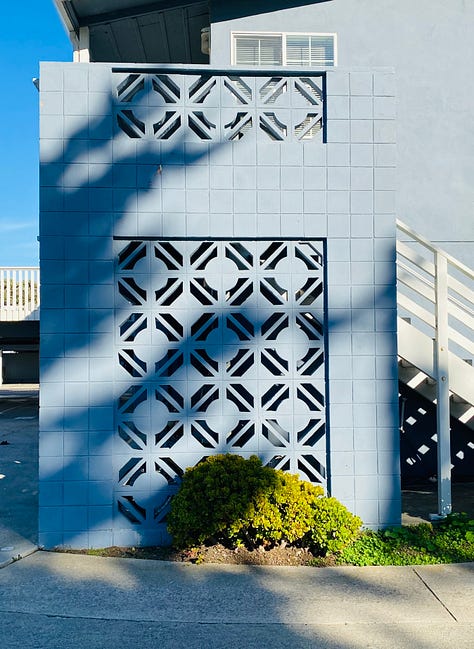
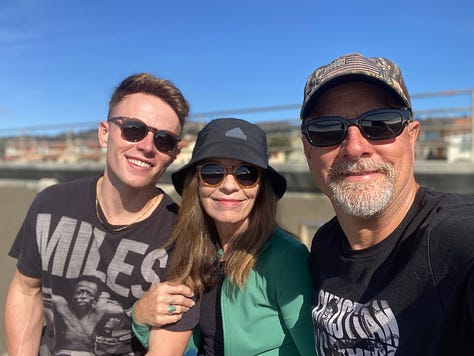
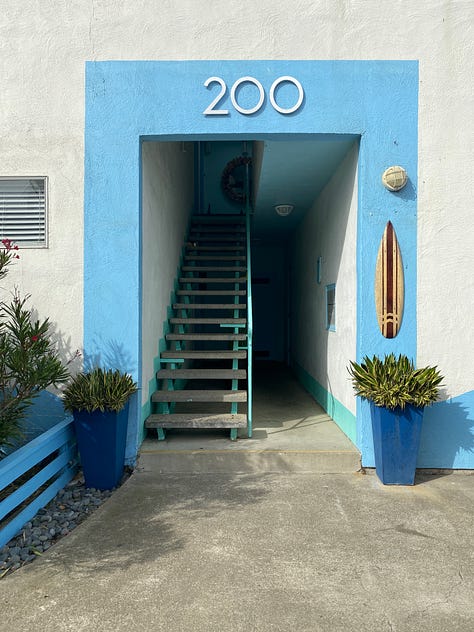
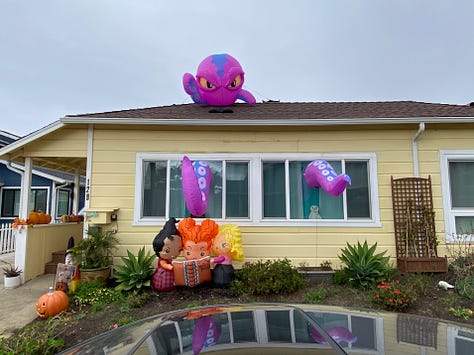

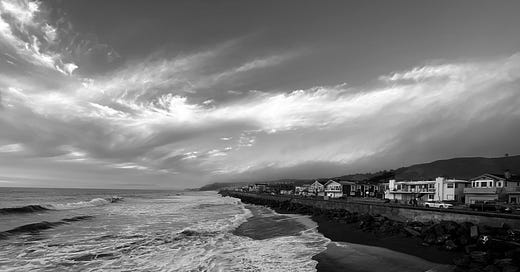



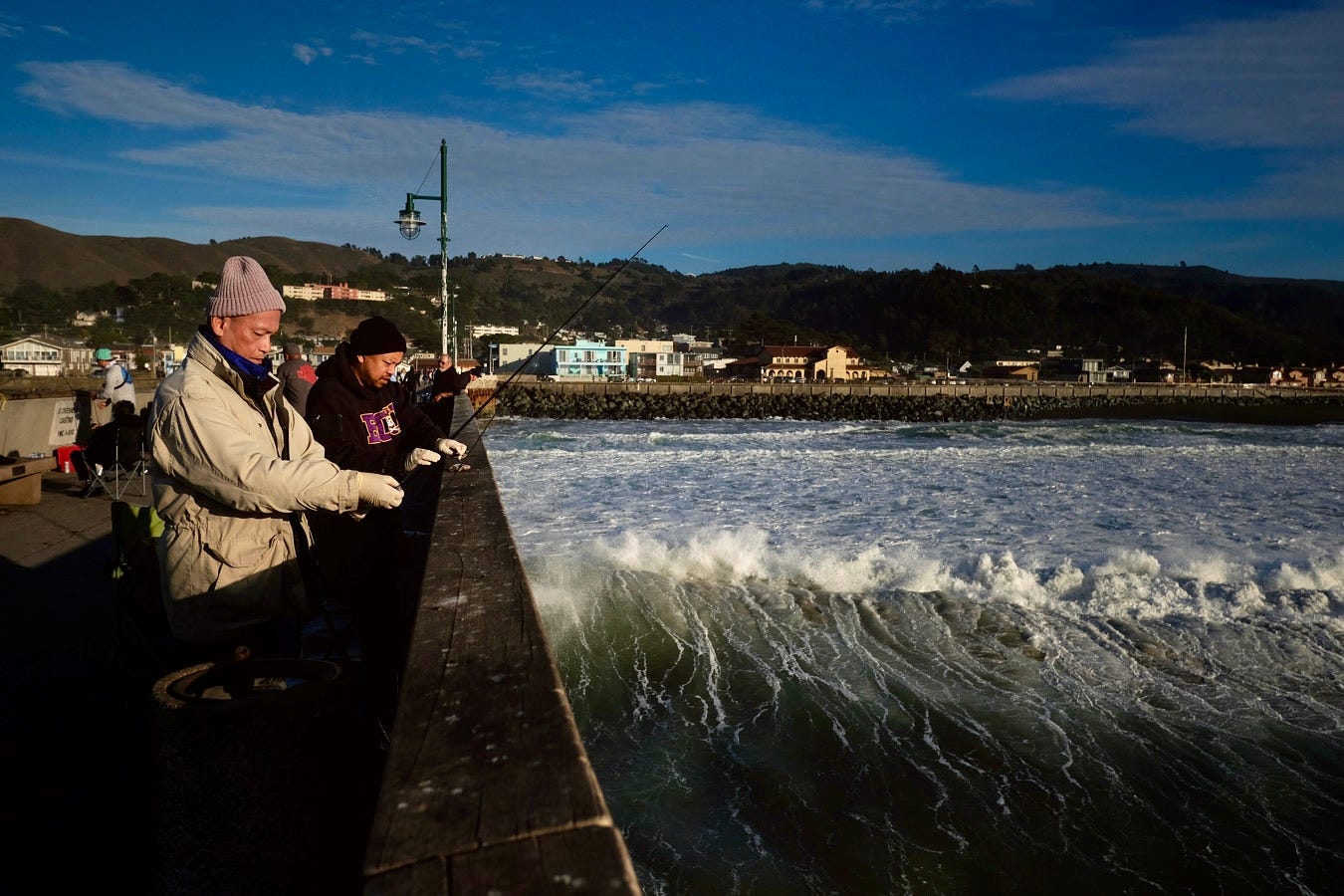
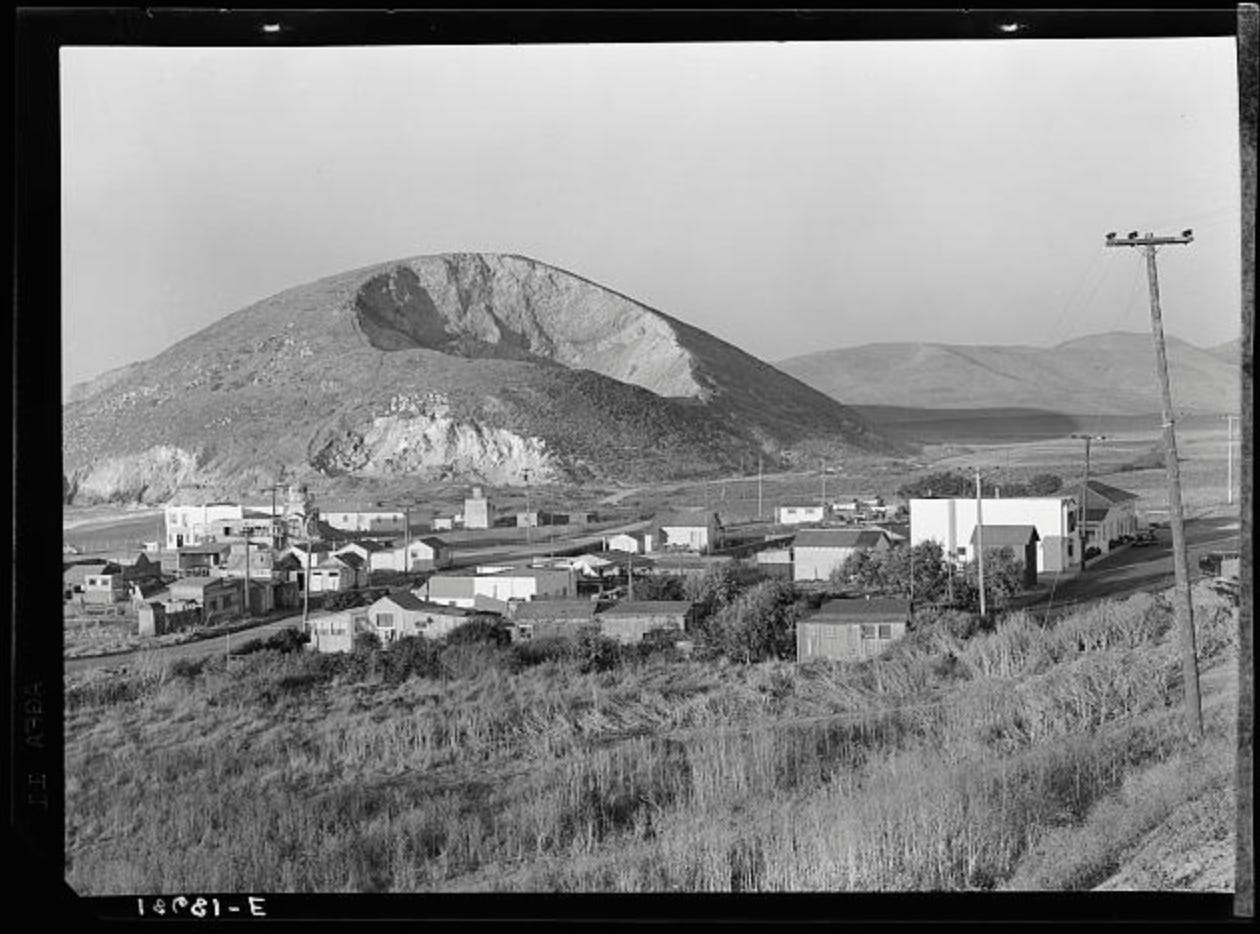
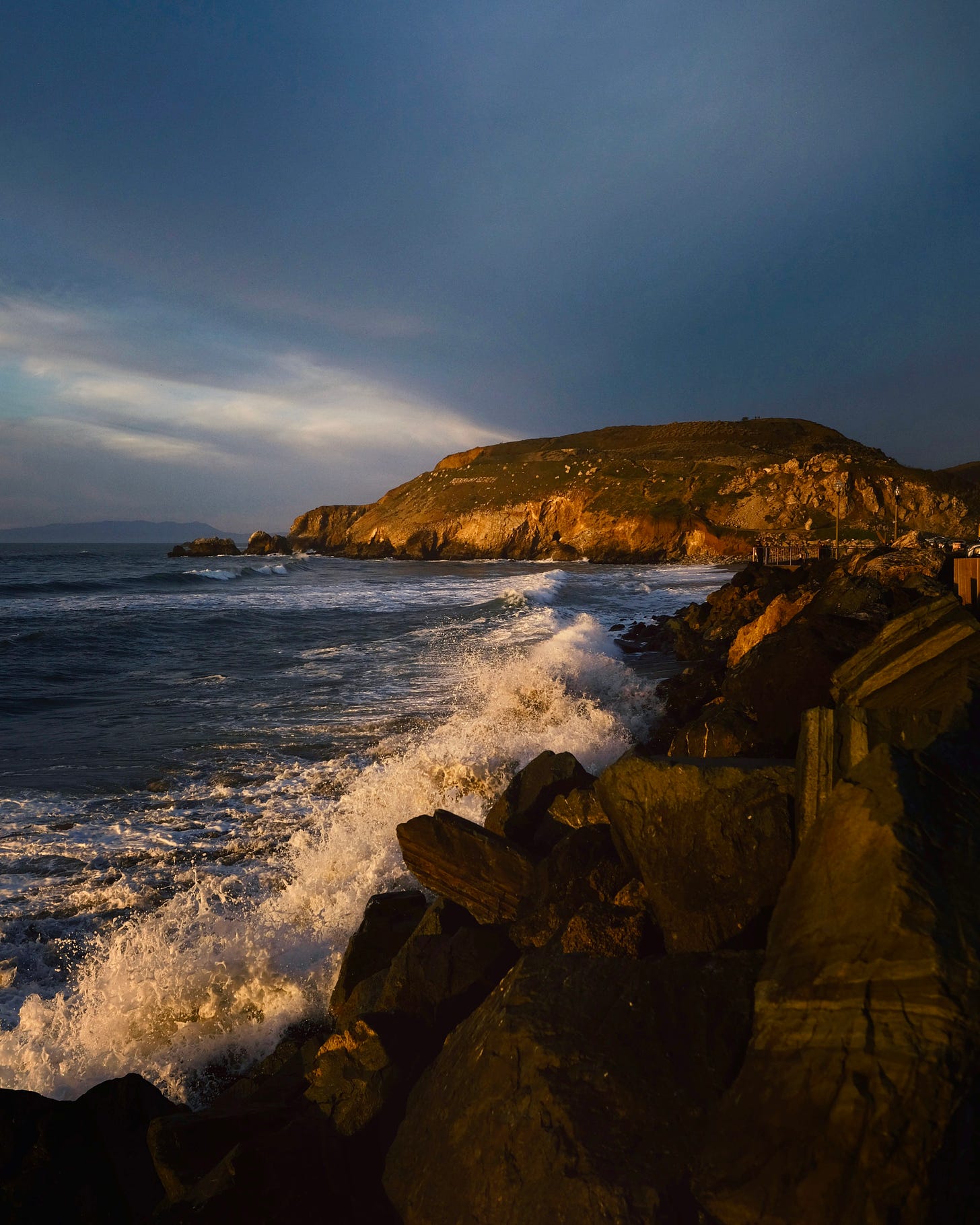
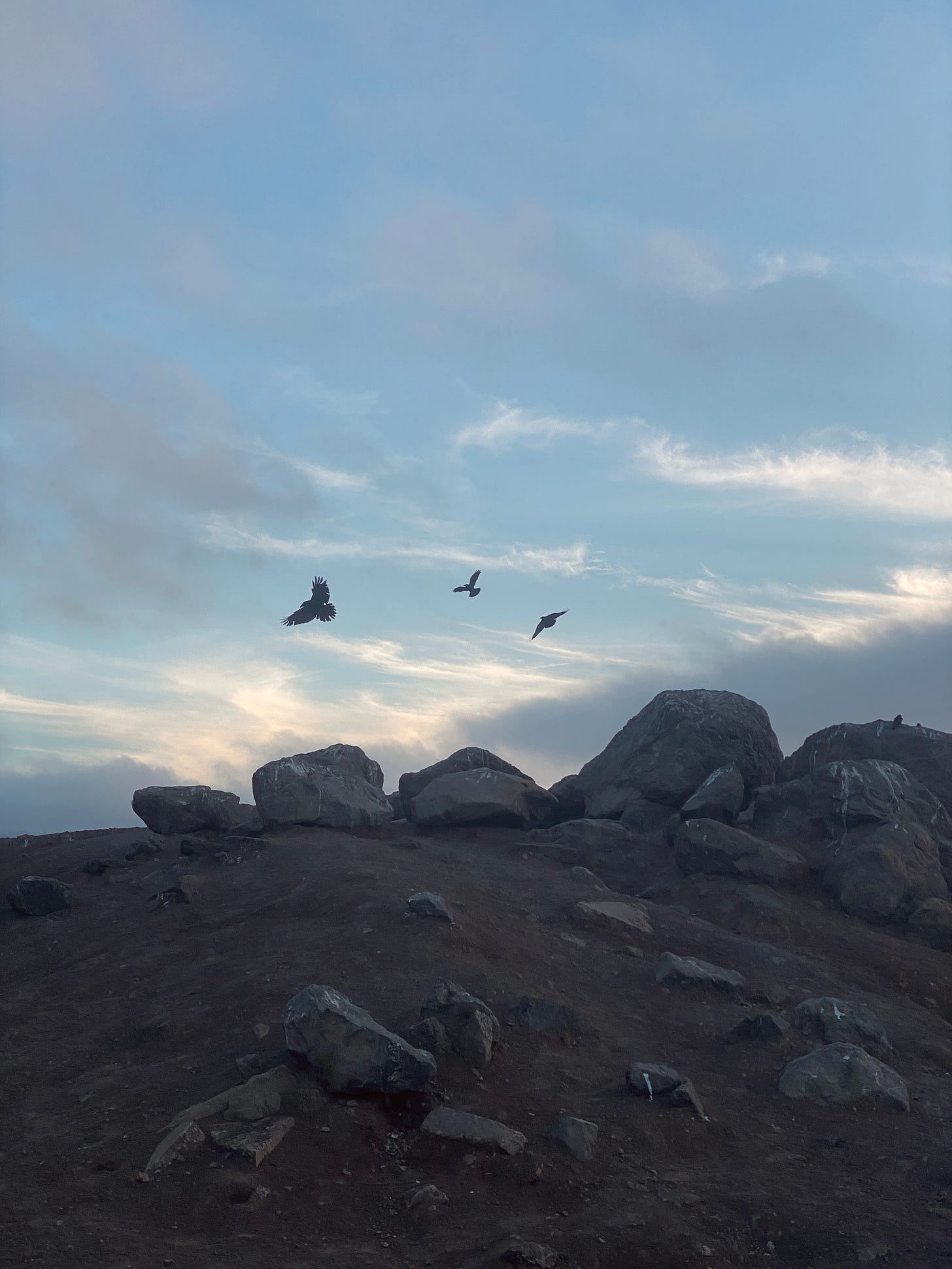
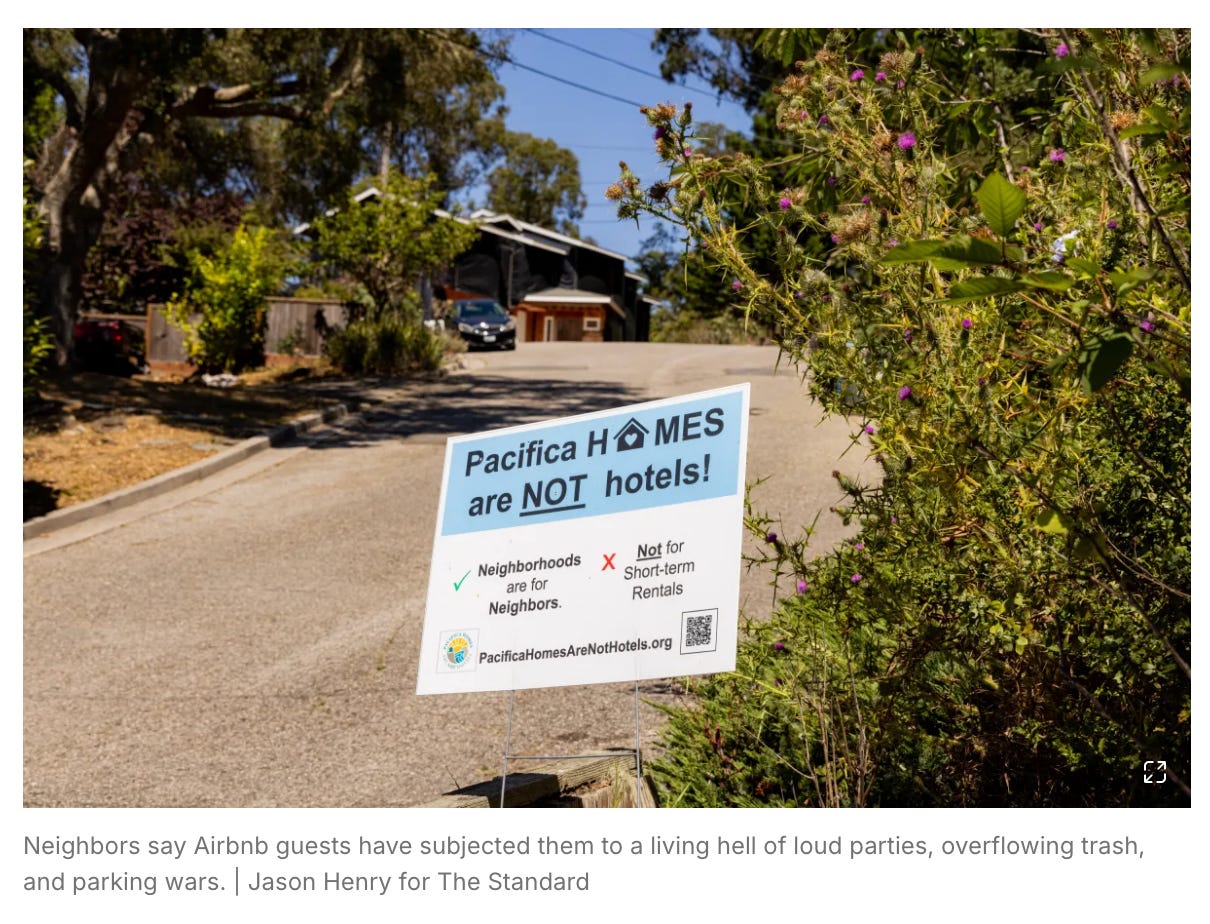
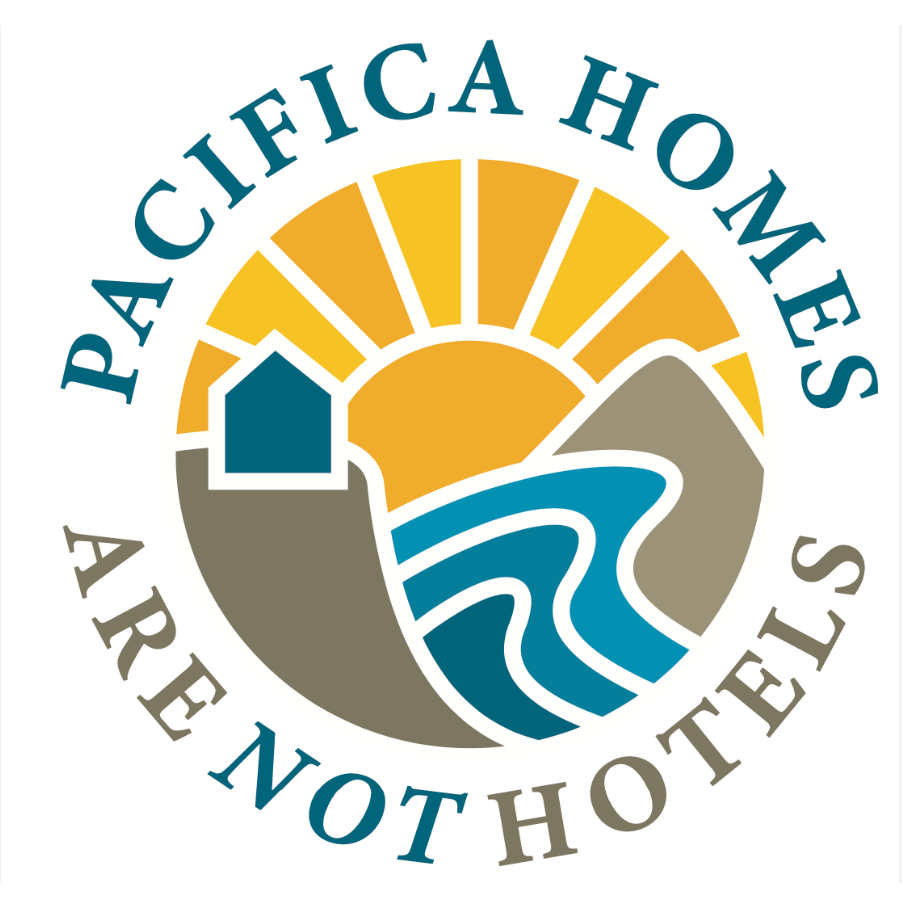
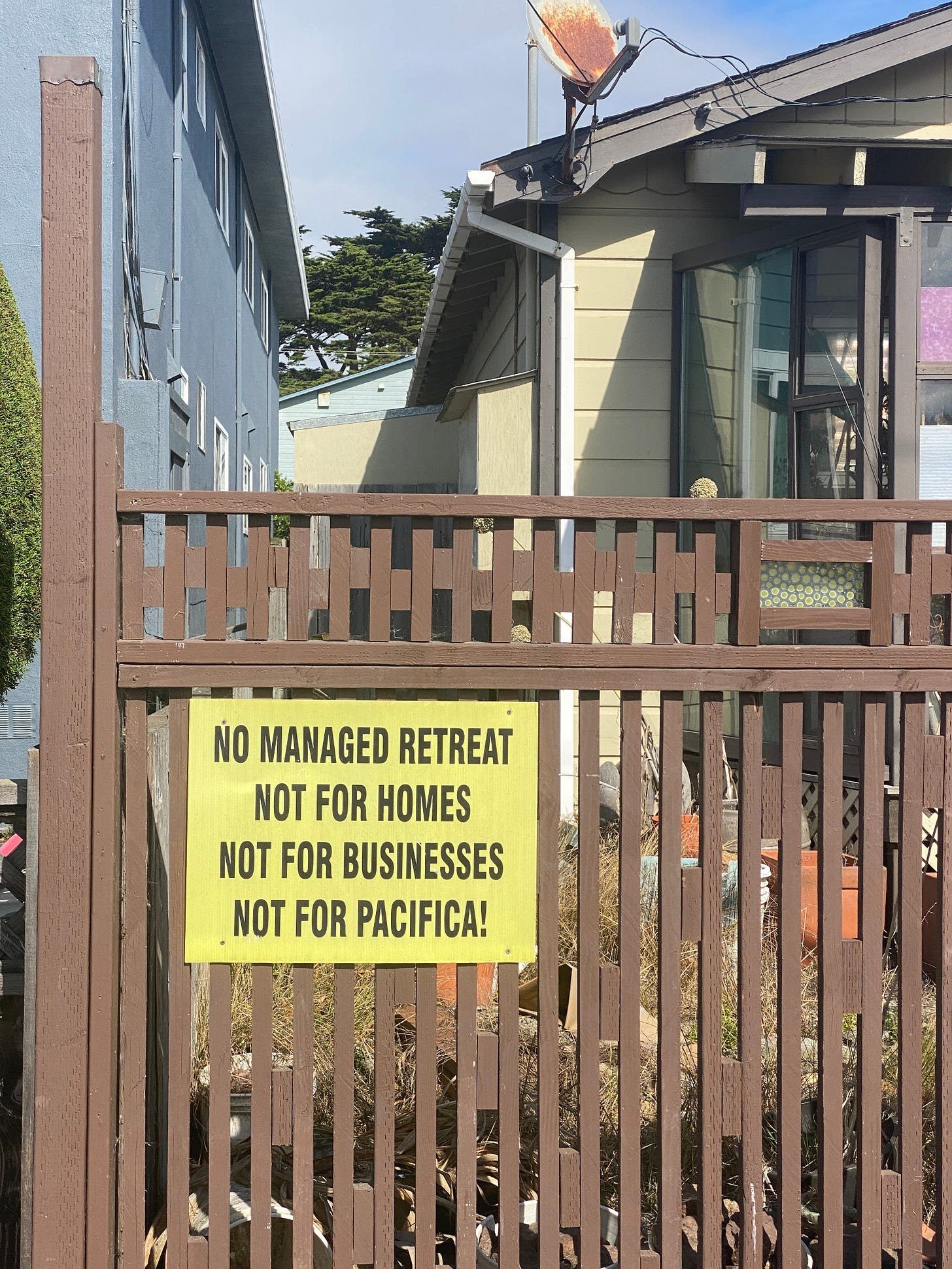
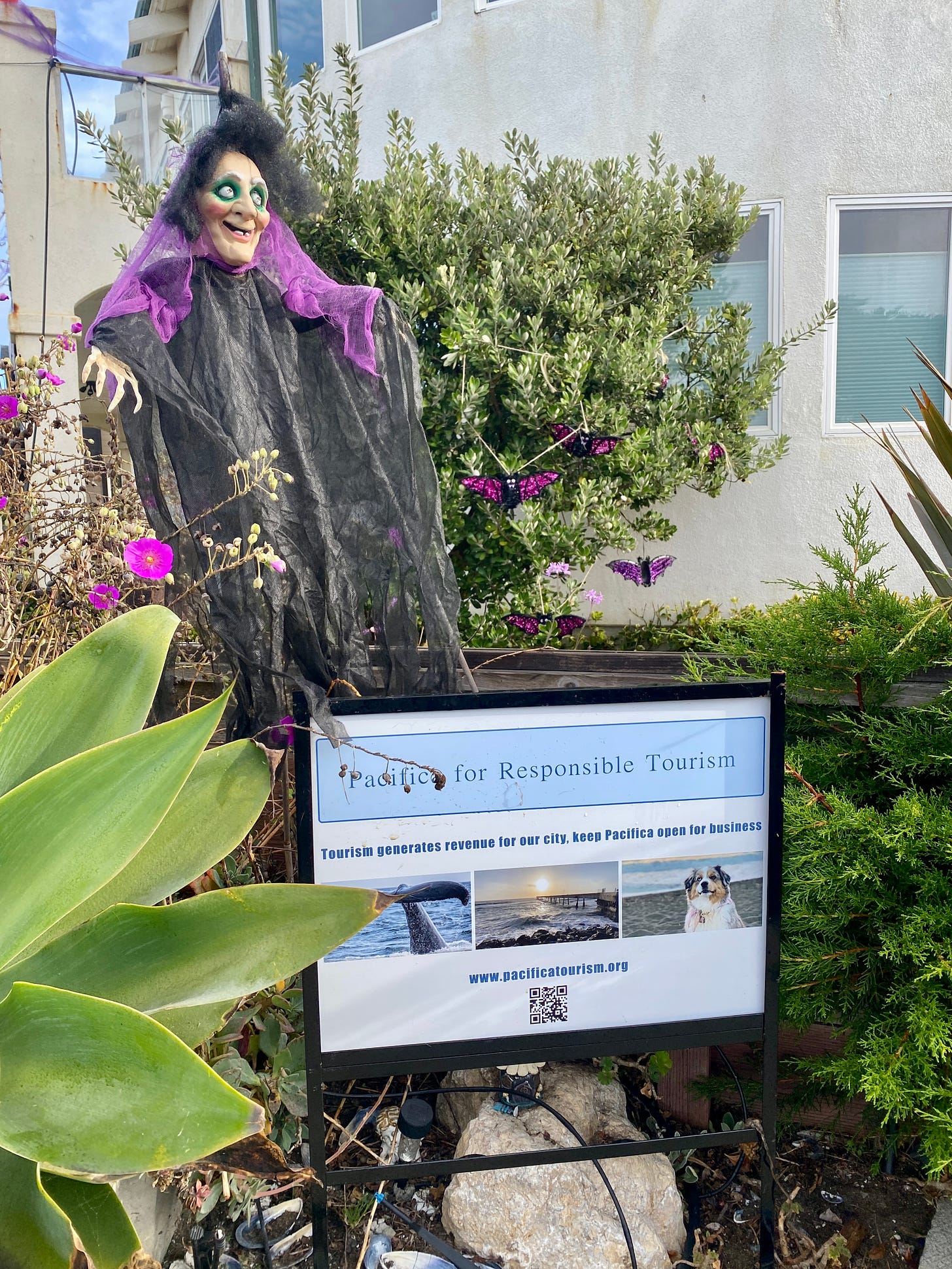
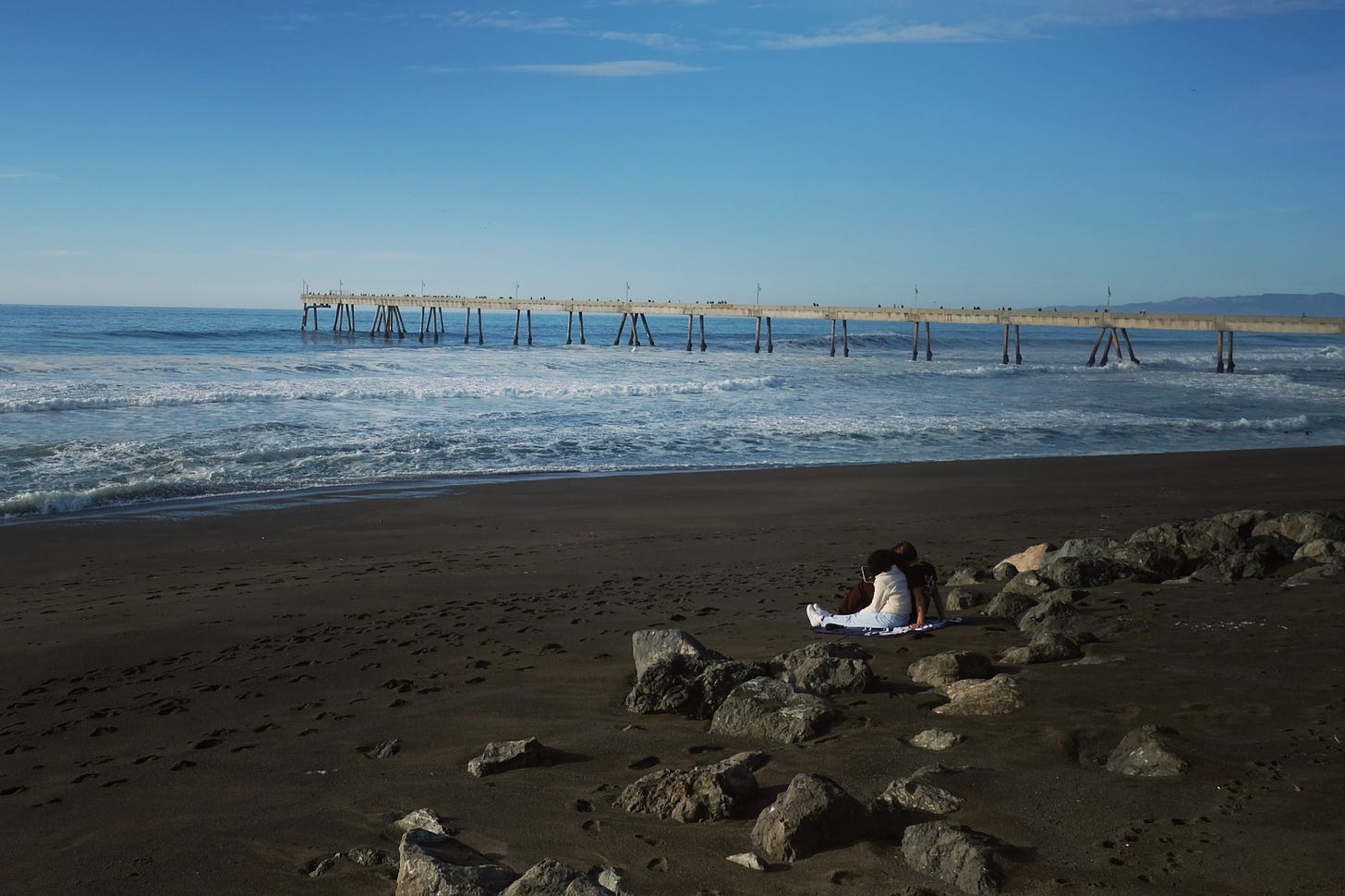
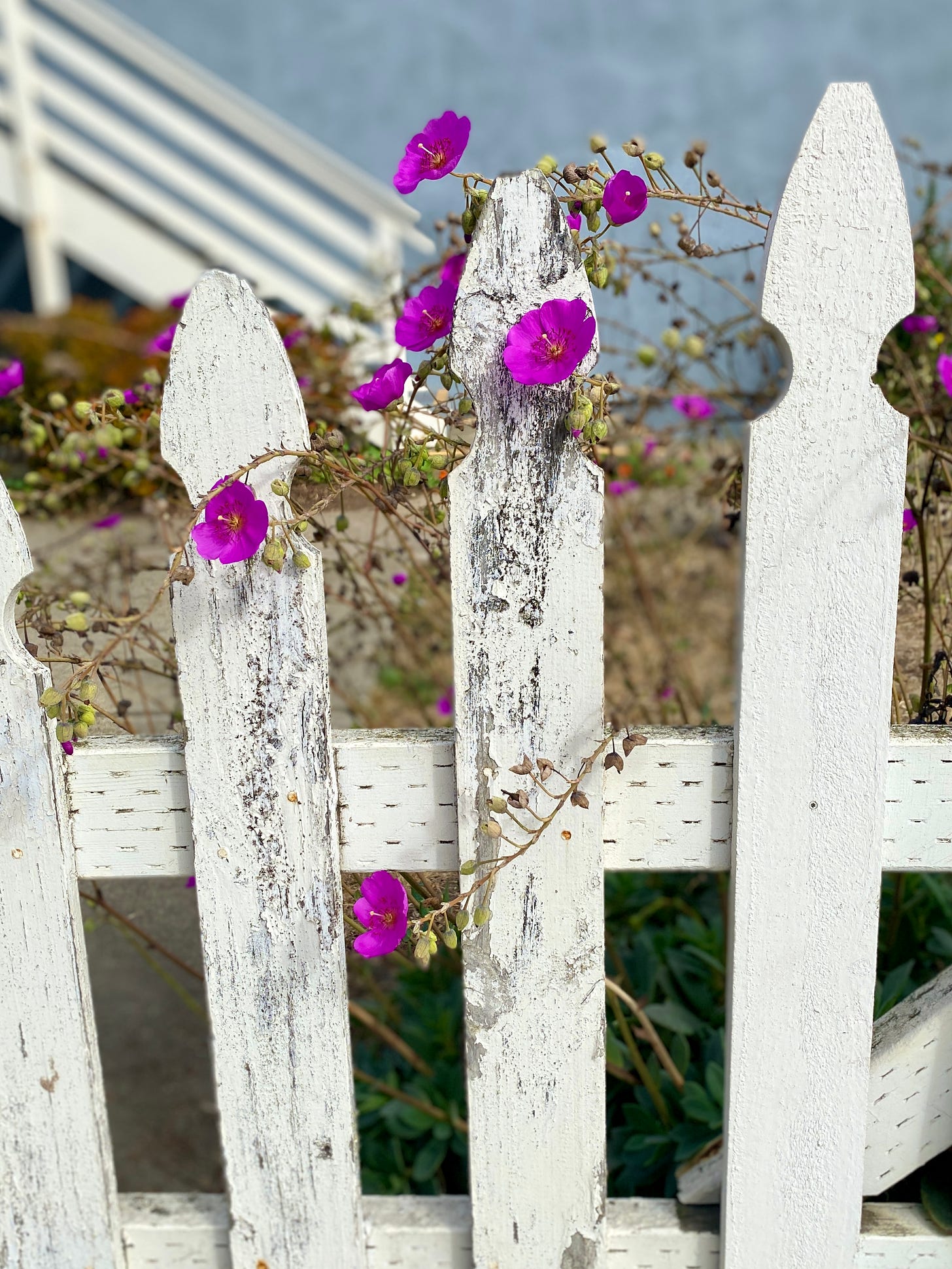
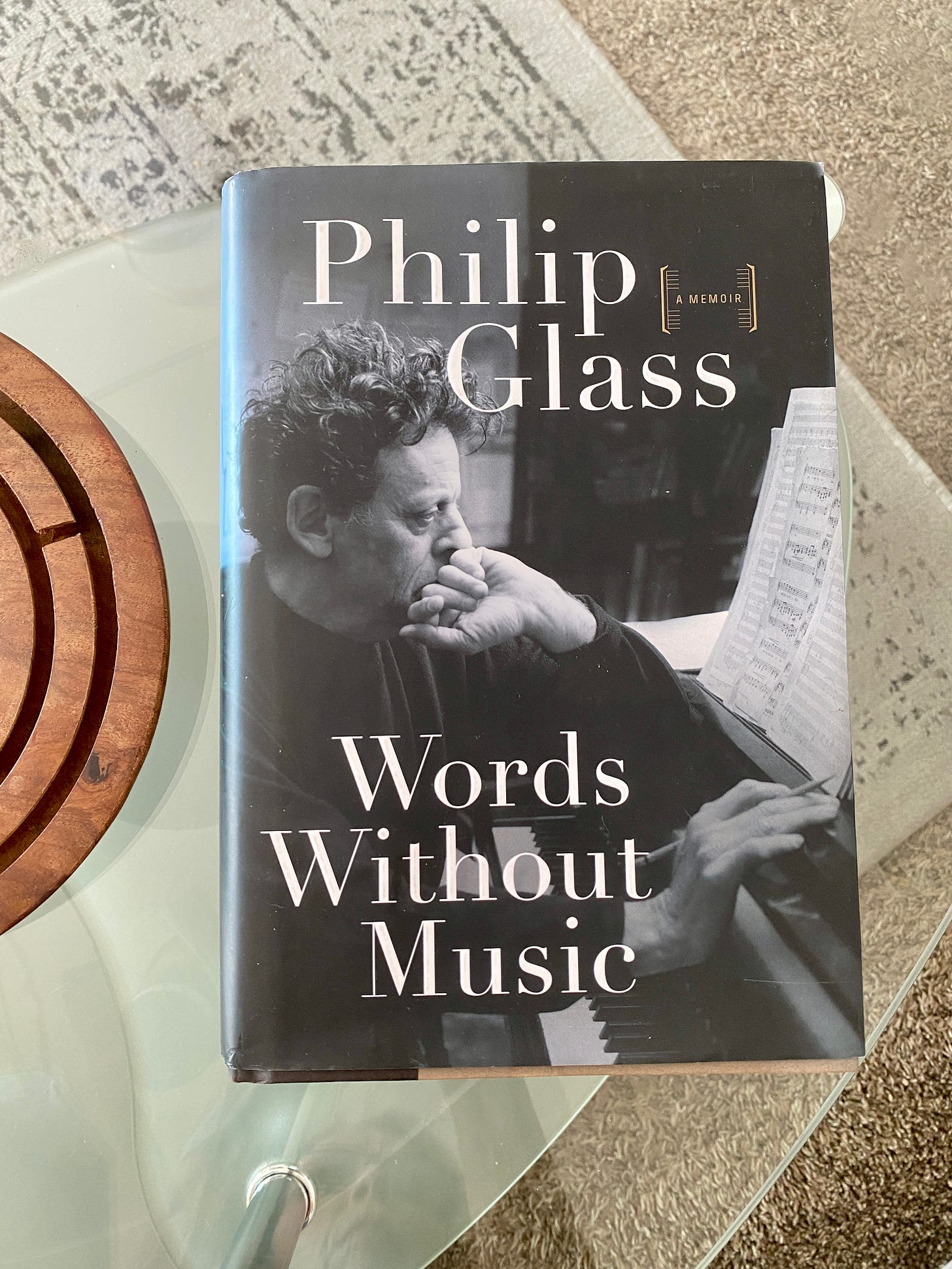
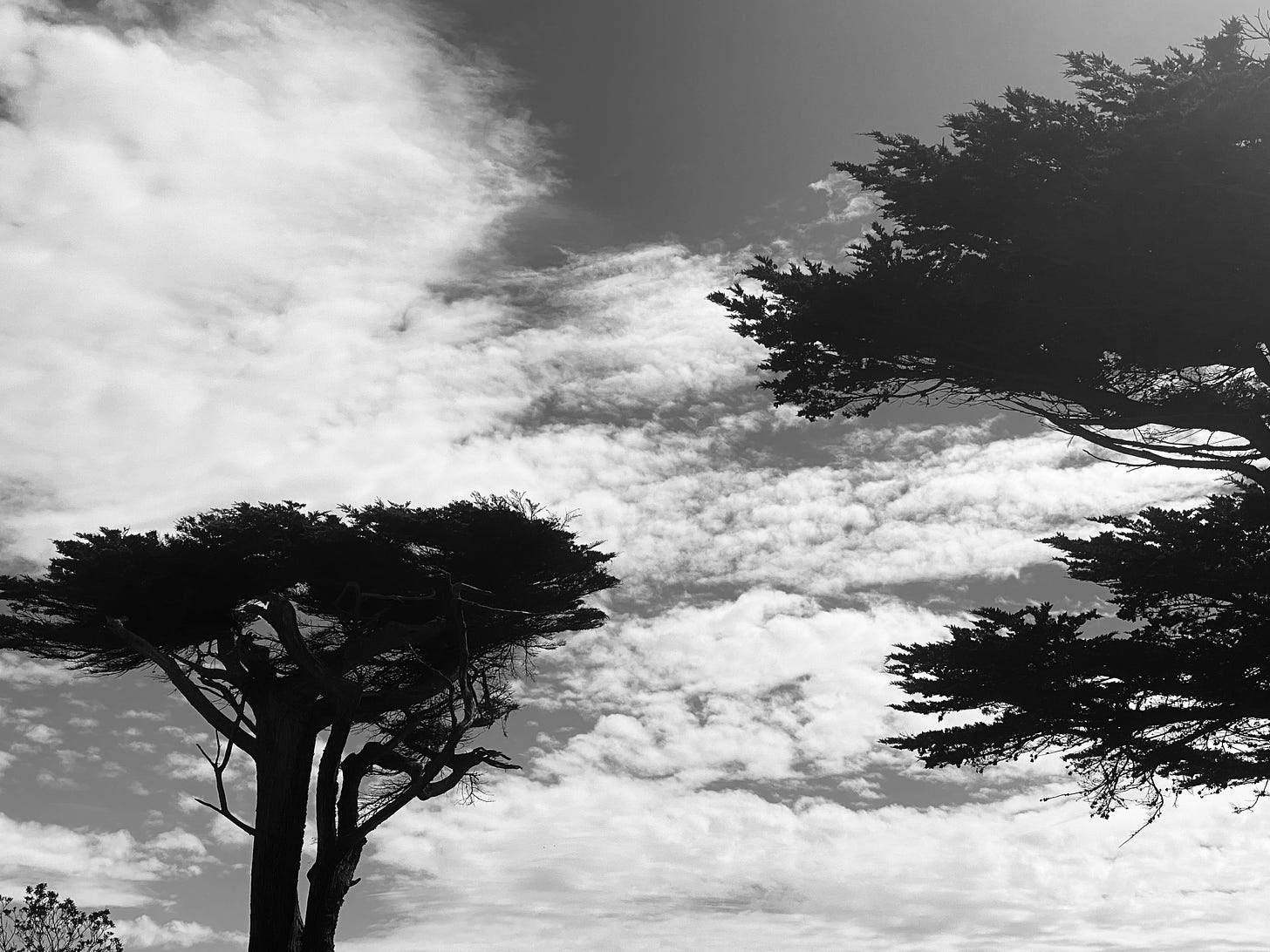
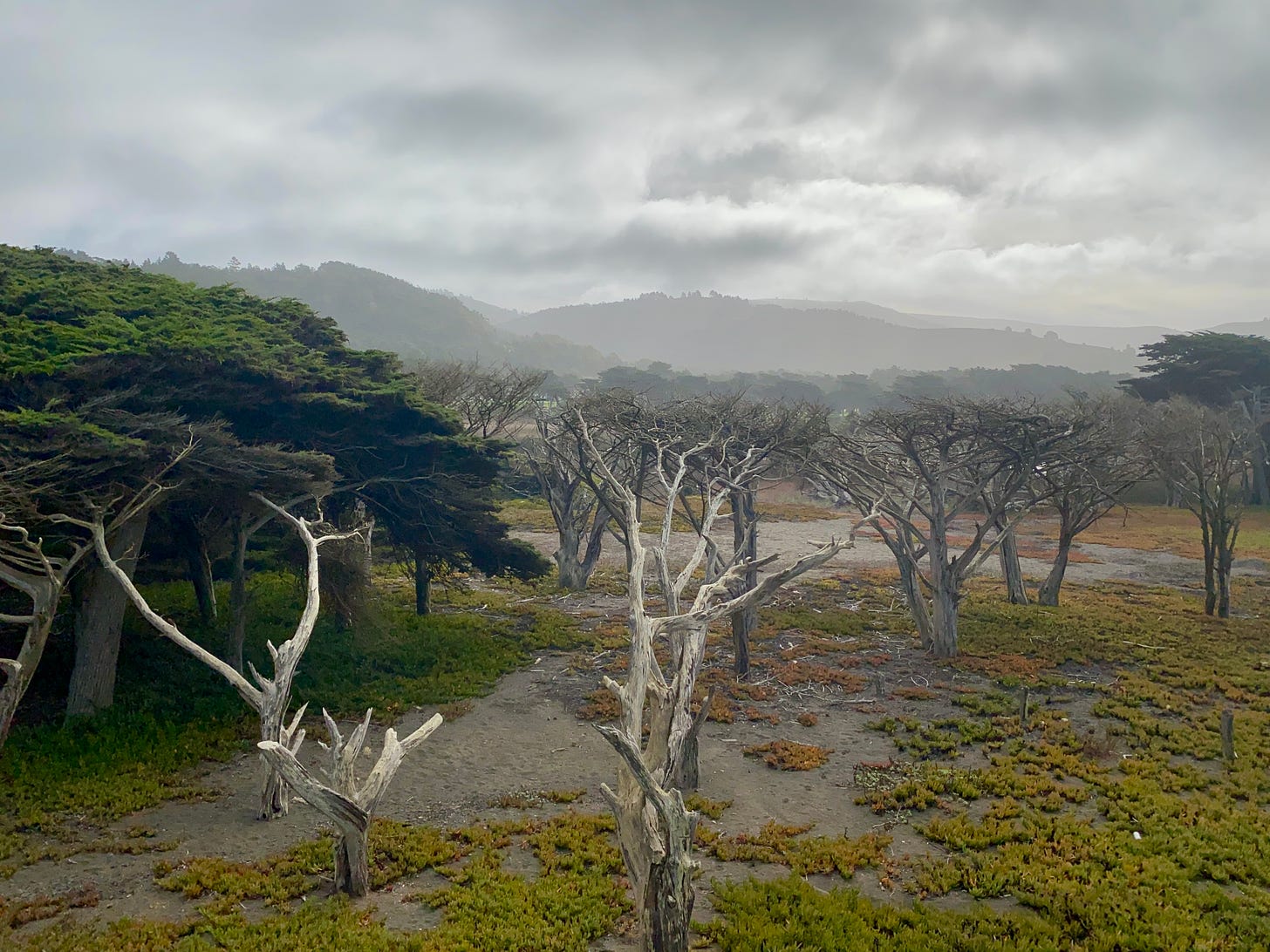
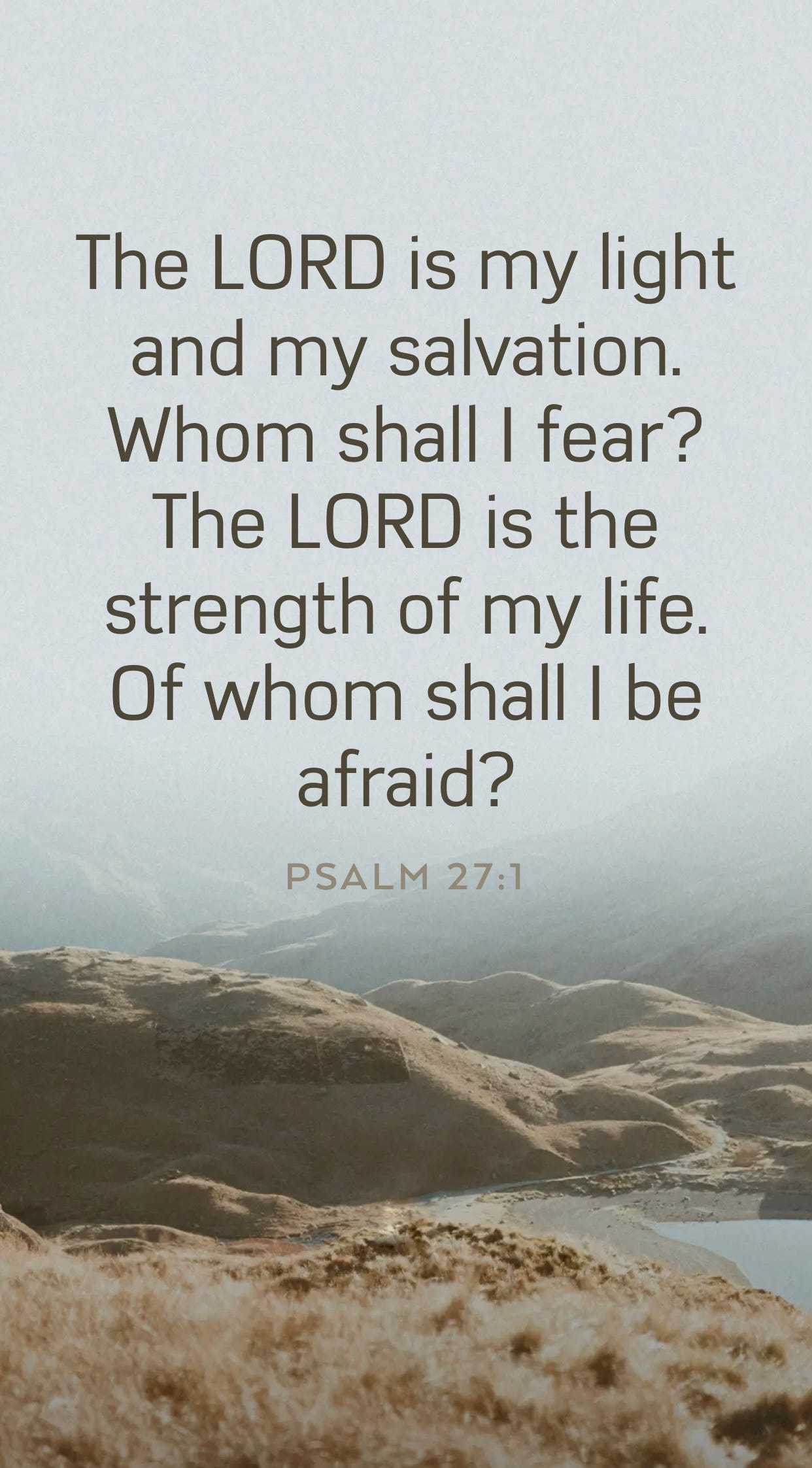
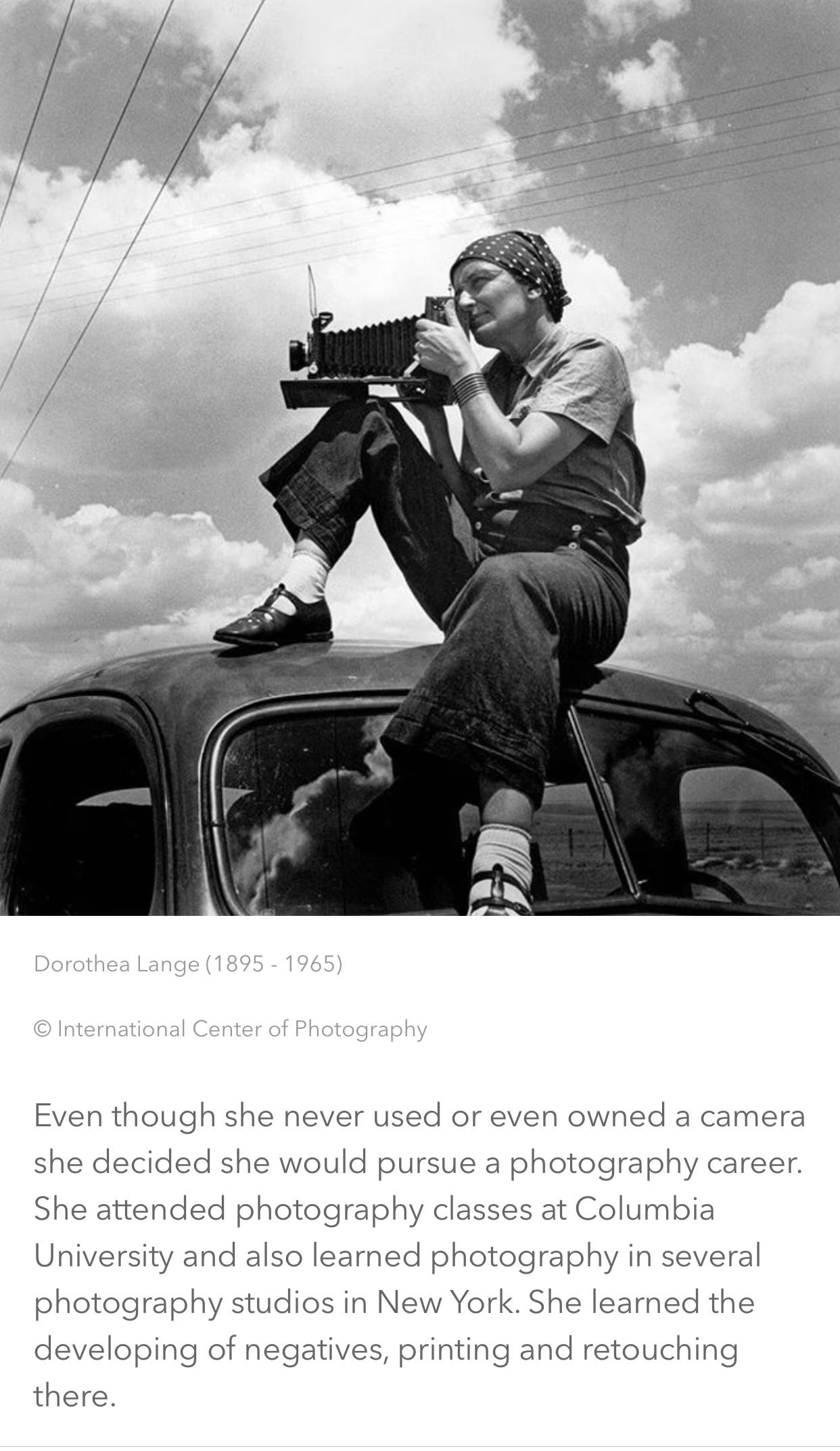
This was such an interesting read! I enjoyed learning about the town’s history and I absolutely love your photos. This read like the script of a documentary with personal perspective. 📽️🎬🍿
Oh Deb!!!! I used to live in Monterey, you have me longing for the mighty Pacific Ocean. We could go sit at the beach year round—and we did.
This was a beautiful article, and as usual so full of your love and concern for others, and blessedly full of your stunning photography.